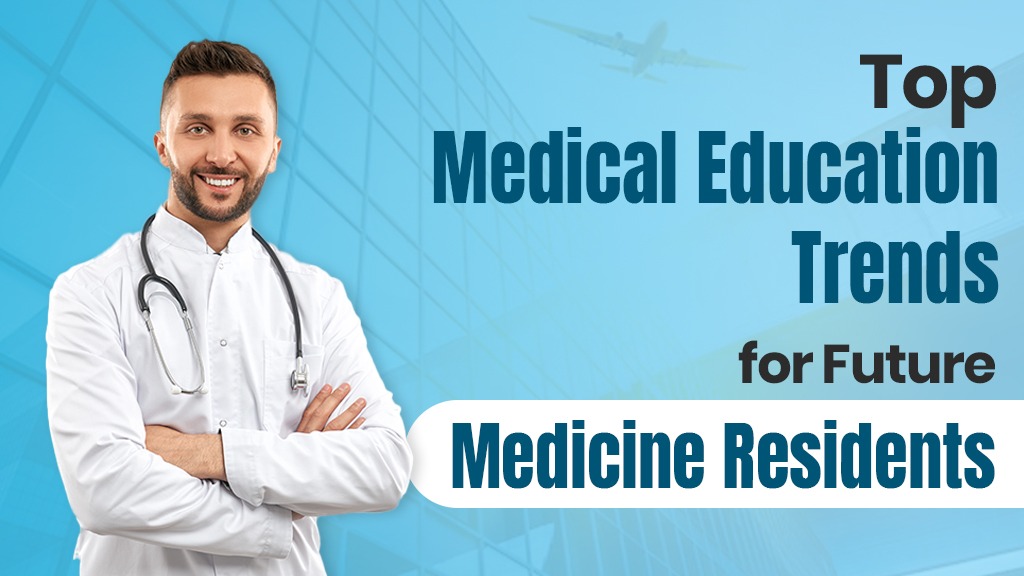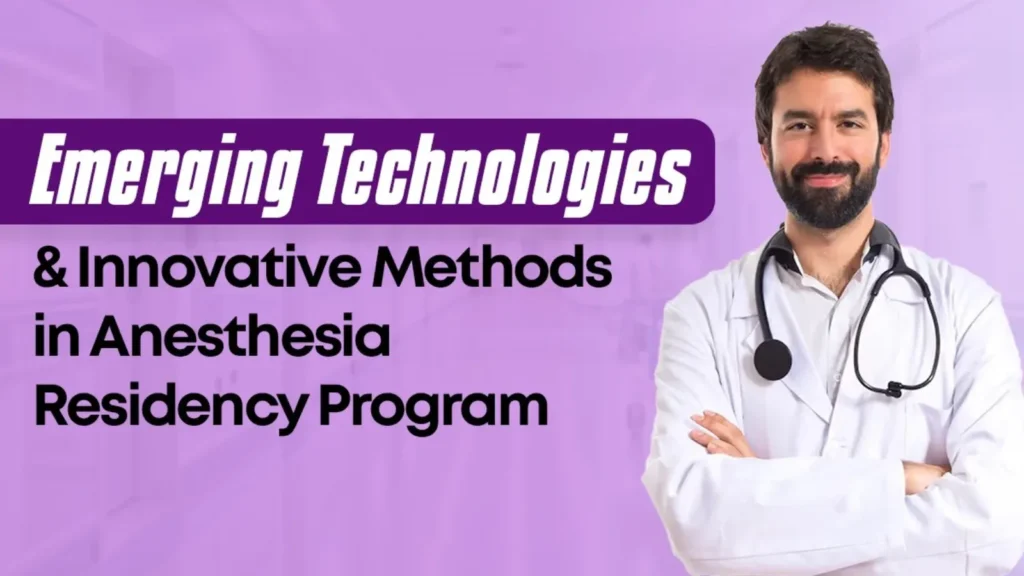News JRs Start Your Residency with the eConceptual 3+2 Offer

Dear residents, clearing NEET PG 2025 or INI CET November 2025 is a big moment. You’ve worked hard for this, and you deserve to feel proud. But once the celebrations settle, reality sets in. Residency begins. OPDs get busy. Ward rounds move fast. Night duties are long. And suddenly, you’re expected to know, decide, and […]
Top Medical Education Trends for Future Medicine Residents

Top Medical Education Trends for Future Medicine Residents In today’s world medical education is rapidly changing, with new trends transforming the way we train the next generation of doctors. Advances in technology, the evolution of a more personalized approach to learning, and the need for adaptive educational models are the future of medical education. Here, we discuss […]
Emerging Technologies and Innovative Methods in Anesthesia Residency Program

Emerging Technologies and Innovative Methods in Anesthesia Residency Program As technology is continuously evolving, the field of radiology is transforming rapidly, setting new standards for radiology residents and practitioners. If a person is either pursuing training during radiology residency or conducting diagnostic or interventional practices, staying with the advancing trends is most important in this profession. Here, is a […]
